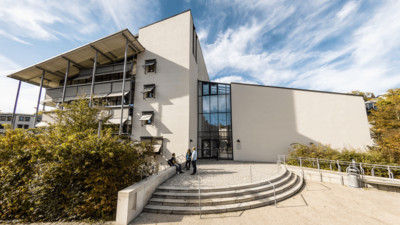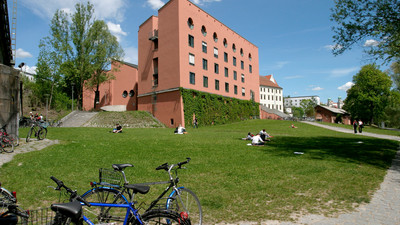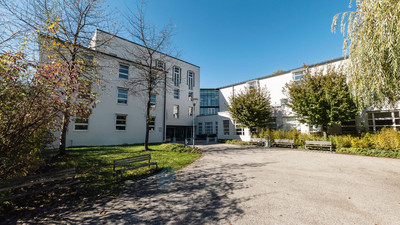Im Sommersemester 2017 bietet Frau Prof. Müßig die neu konzipierte Vorlesung "Judiciary as Constituted Power" an.
Die Veranstaltung ist in StudIP unter der Veranstaltungsnummer 20935 auffindbar.
Vorlesungsbeschreibung
“It is not merely of some importance but is of fundamental importance that justice should not only be done, but should manifestly and undoubtly be seen to be done.” (R. v. Sussex Justices, ex parte McCarthy, 1 K.B. (1924), 256, 259, per Lord Hewart) All throughout Europe, common fundamental features of a law court are functional independence and impartiality in judicial practice. As far as judicial independence refers not only to modern constitutional qualities, is used as a synonym for a fair and impartial judgement; Zweigert (in: Festschrift für Fritz von Hippel (1967), 711, at 715) speaks of impartiality by independence. The latter relies on ordinary jurisdiction and competences, touching on a basic aspect of justice: justice is done by ordinary courts and their judges governed by law. A widow’s plea, addressed to the Roman emperor Trajan, that her case should be heard by a competent judge, is a familiar theme in European literature and art, thanks to the description in the 10th canto of the Purgatorio in the Divine Comedy. And Mrs Marthe demands that justice be done by a competent judge in Utrecht in the case of the broken mug in the comedy of the same name by Heinrich von Kleist.
Art. 6 ECHR guarantees the right to a fair hearing ‘by an independent, impartial tribunal established by law’. One accepts this as going to the heart of the rule of law, without even questioning it. Yet, this unquestioned acceptance takes treaty-autonomy and the resulting settled uniformity for granted. However, if one realizes the historical contexts of judiciary as constituted power, it becomes clear that the protective need to have a court ‘established by law’ and the interpretative template of the ‘common heritage of political traditions’ deserve a real commitment.
How should lawyers then understand the protective rationale of Art. 6 Section 1 Sentence 1 ECHR when preparing an action for breach of the Convention’s fair trial guarantee? What is a ‘tribunal established by law’ (établi par la loi) under the Convention? What is the authority for the interpretation of the common political traditions? The lecture will provide answers to this.











